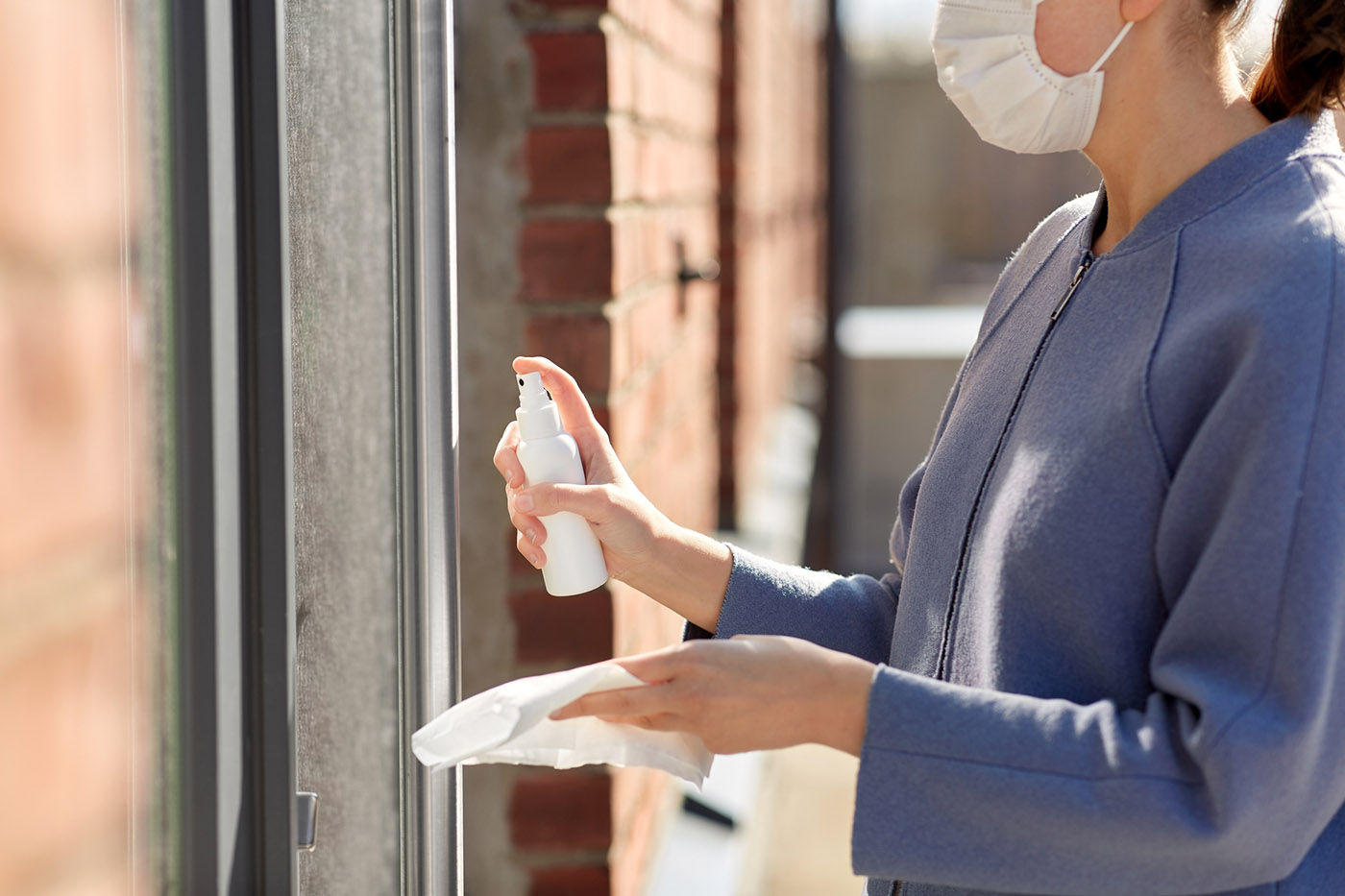Due to COVID-19 health and safety are at the forefront as employees return to working in offices. Some states have strict shelter-in place/stay-at-home and reopening orders in place while other states (like Wisconsin) have less strict guidance.
Employees and employers can play a part at slowing the spread of COVID-19 by encouraging maintaining social distancing, prevention hygiene, and wearing face coverings.
Some common rules and best practices that employers with employees mainly in the office (not customer/public focused) are implementing include:
- Allowing employees to return in phases, rotating employees in the office
- One-way traffic, foot traffic signs, floor signs to keep safe distance
- Enhanced cleaning especially in heavy traffic areas such as cubicles, gyms, conference rooms, breakrooms, and restrooms
- Frequently clean high touch areas such as light switches, doorknobs, handles, railings, counter tops, barriers, phones
- Personal equipment, phones and tools should not be shared, or if shared then disinfected after each use
- Shared items such as pens, scanners should be minimized
- Daily screening implementation such as temperature reading and symptom procedure
- Employers should offer face coverings, gloves, sanitizing supplies
- Employers should provide hand sanitizer at the entrance, check out points and prominent locations for customers/clients
- Continuously maximize fresh air in the workplace, minimize air blowing across people
- Wearing face coverings and gloves during client meetings, and when social distance of 6ft cannot be maintained
- Wearing face coverings at cubicles
- Receive deliveries via a non-contact method, businesses must provide for contactless deliveries such as at a doorstep
- When possible, businesses should do everything electronically
- Limit or close food service areas and gyms
- Water fountains should not be in use, touchless water stations may still be provided
- Restrict group size to less than 10 people, and limit visitors
- Interactions should be kept at a 6ft distance
- Require customers/clients to wear face coverings
- Employees who travel to high risk areas should self-quarantine for 14 days
Not all types of businesses are implementing all of the above policies and practices. And state and local executive order in some jurisdictions may require more stringent or different requirements than set forth above. Employers located in Minnesota should also keep in mind that a Preparedness Plan is now required for all businesses, both critical sector and non-critical sector) as of June 29, 2020.
Virtus Law, PLLC continues to monitor developments in this (and other COVID-19 areas) and will continue to post relevant updates to this website.

